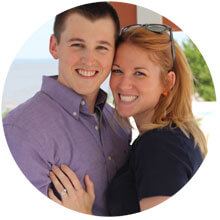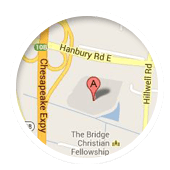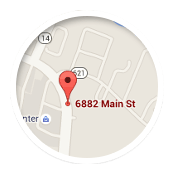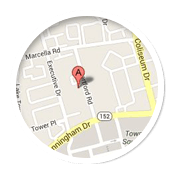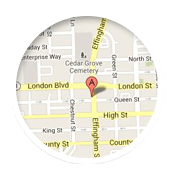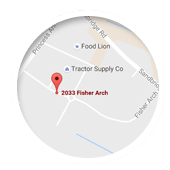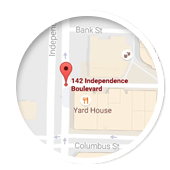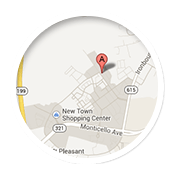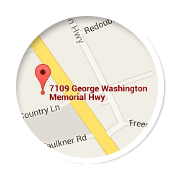In the ideal bite, the teeth are all well-aligned with upper teeth just slightly overlapping the lower teeth all around the U-shape of the mouth. Studies, however, estimate that some 70% of people have at least mild orthodontic problems, whether crooked teeth or misaligned bites. So why is it more common for humans to have imperfect bites than good ones?
In truth, no one knows for sure. Some evidence point to evolutionary reasons. New developments in our species’ diets over the ages caused changes in our facial structures, but our teeth didn’t keep pace with the changes. Other scientists blame the modern diet with its processed foods. Genetics also plays a role in orthodontic problems, as can individual factors like poor oral habits or the too early loss of baby teeth.
If you indeed have a “bad” bite, take comfort in the fact that you live in an age where orthodontic treatment can fix just about any bite problems in ways that are more efficient, accurate, and comfortable than ever before in history.
Here are the common types of problems we see at Behl Orthodontics:
Crooked teeth
Crooked teeth often occur when the jaw is not wide enough to fit all of person’s teeth comfortably. The teeth end up askew because too many teeth are trying to fit into too small of a space.
Spaces between teeth
Diastema, the scientific name for when a smiles has gaps, can occur when teeth are too small for the jaw bone. It can also happen when teeth are missing and the other teeth can’t fill in the missing space. Other issues like thumb sucking can cause diastema.
Overbite
A bite in which the upper jaw noticeably protrudes beyond the lower jaw is an overbite. If this protrusion passes a certain threshold, it’s referred to as an overjet. Overbites can cause speech impediments such as lisps, difficulty eating and jaw pain. They can also lead to tooth decay.
Underbite
The opposite of the overbite, an underbite is when the lower jaw protrudes beyond the upper jaw. It can cause teeth to wear unevenly which in turn may cause tooth decay.
Crossbites
Crossbites are when the upper teeth on one side end up on the inside of the lower teeth when the jaw is closed. Crossbites are a more severe condition than either overbites or underbites and can wear down teeth, leading to gum disease or bone loss. Crossbites are best treated early in childhood.
Open bites
If the jaw is closed and the back teeth touch but the front teeth do not, it’s called an open bite. An open bite is an aesthetic issue that can cause speech impediments.









